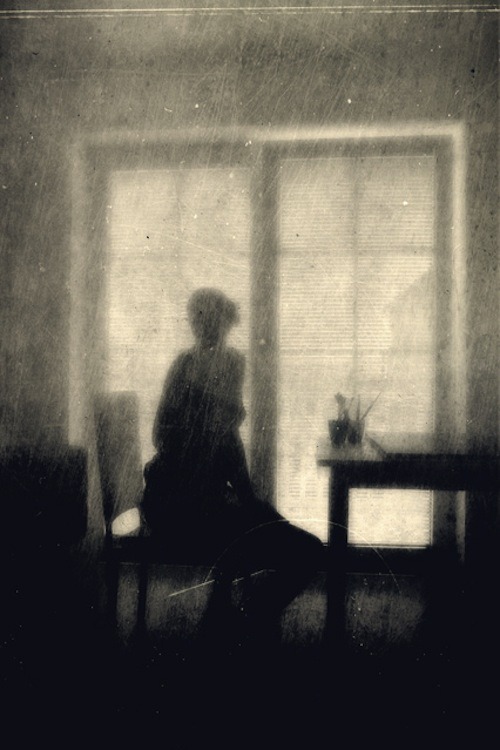
Elegía de Febrero Este año mondo, congelado ahora en febrero. Este frío día aleteando rápido por sobre la horrible Línea imperfecta del horizonte, Tantas veces una línea dentada de diez edificios. Una bandera roja agitándose Al viento. Una cortina naranja es mediodía. Todo hace sufrir a sus ojos. Esta cortina tan brillante. He aquí lo perceptiblemente verdadero: la visión. El rostro que devuelve la mirada en un haz Del cuchillo de la mantequilla. Un embarazo de pan troceado. La mente sigue su diario peregrinaje Por momentos ruines. Más tarde, De vuelta a la arqueta para soñar En un círculo, un carrusel de ponis. Asociación del círculo: hay un centro Para casi todo pero nunca Alguna certeza. Nada es Más maleable que un momento. Sólo ayer era Que aspirábamos el aire en un mar. Algún sol de verano nos llamaba Y allí íbamos nosotros. La arena quemaba. Tan sólo ayer estábamos con tierno corazón Esperando. A ser algo. Una fuente. Y entonces alguien dice: Asiento, Tenemos para ti un corazón para olvidar. Una mente Con la cual sufrir. Así, experiencia. Así, la carpa del circo. Tú, que estás allí, se tú la muchacha De lentejuelas rojas en la tarjeta que vende amor. Tú, que estás allí, tú, de satén negro. Se tú el Don Muerte de la Doncella.
February Elegy This bald year, frozen now in February. This cold day winging over the ugly Imperfect horizon line, So often a teeth line of ten buildings. A red flag flapping In the wind. An orange curtain is noon. It all hurts her eyes. This curtain is so bright. Here is what is noticeably true: sight. The face that looks back from the side Of the butter knife. A torn-bread awkwardness. The mind makes its daily pilgrimage Through riff-raff moments. Then, Back into the caprice case to dream In a circle, a pony goes round. The circle's association: There's a center To almost everything but never Any certainty. Nothing is More malleable than a moment. We were Only yesterday breathing in a sea. Some summer sun Asked us over and over we went. The sand was hot. We were only yesterday tender hearted Waiting. To be something. A spring. And then someone says, Sit down, We have a heart for you to forget. A mind to suffer With. So, experience. So, the circus tent. You, over there, you be the girl In red sequins on the front of a card selling love. You, over there, you, in black satin. You be the Maiden's Mister Death.
De Elegy. Copyright © 2007 by Mary Jo Bang.
Traducido por Roberto Zeballos Rebaza








